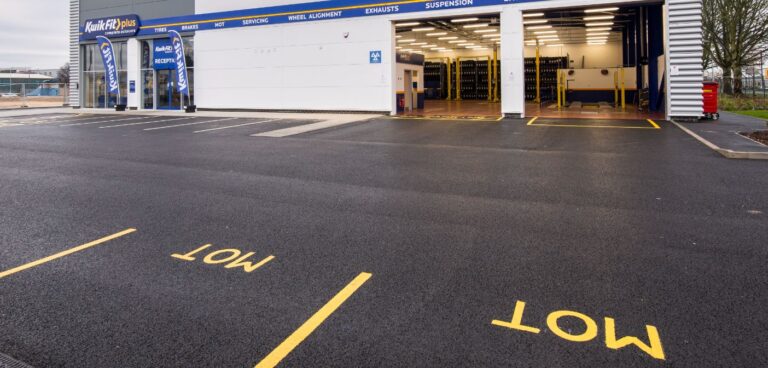A recent survey by car servicing company Kwik Fit has found that drivers believe MOT testing should be updated alongside new technology developments.
Under current MOTs, emissions from a vehicle’s engine are measured, therefore an EV registers zero emissions. However, the Kwik Fit study found that 45% of car owners believe that future MOTs should take into account how the electricity used to charge the vehicle has been generated.
Only a quarter of owners (27%) believe that the source of electricity should not be considered in the test.
Environmental considerations are often felt to be greater among younger age groups, with those aged 18-34 some 36% more likely than those over 55 to believe that measuring the source of electricity should be included in future MOTs.
When it comes to a gender split, women are 20% more likely than men to agree that the source of electricity for the charging of EVs should be added to the MOT.
Kwik Fit said the practicalities of assessing the electricity used are significant. It would require information to be relayed from the charging systems to the vehicle. For this to be measured by the MOT testing equipment, data standards would need to be put in place.
Eric Smith, MOT scheme manager at Kwik Fit, said: “While the move to electric vehicles is undeniably positive in reducing overall emissions from individual vehicles, we must not forget the importance of ensuring that the energy used by EVs is generated as cleanly as possible.
“To develop the MOT to assess the source of electricity used by EVs would require multi-industry standards to be set up, and the test may not be the best way to ensure drivers are opting for cleaner energy.
“However, this research does highlight that millions of drivers believe there should be a way of testing overall emissions for vehicles using electricity.”
The survey also highlights that motorists think safety technology should be added to MOT tests. More than half of drivers (52%) said that emergency braking systems should be in the MOT if they are fitted to the vehicle.
A third of drivers (33%) thought that radar, other sensors or cameras used for autonomous driving systems should be checked in the MOT, while 30% of drivers said lane assist technology should be included.
Additionally, 26% of drivers said start-stop technology and parking sensors should be part of the annual test.
Smith added: “It’s important that the MOT does not become overcomplicated and focuses on checking the most important elements in vehicle safety.
“However, motoring technology is continually advancing, and the MOT has always been developed to reflect that.”





